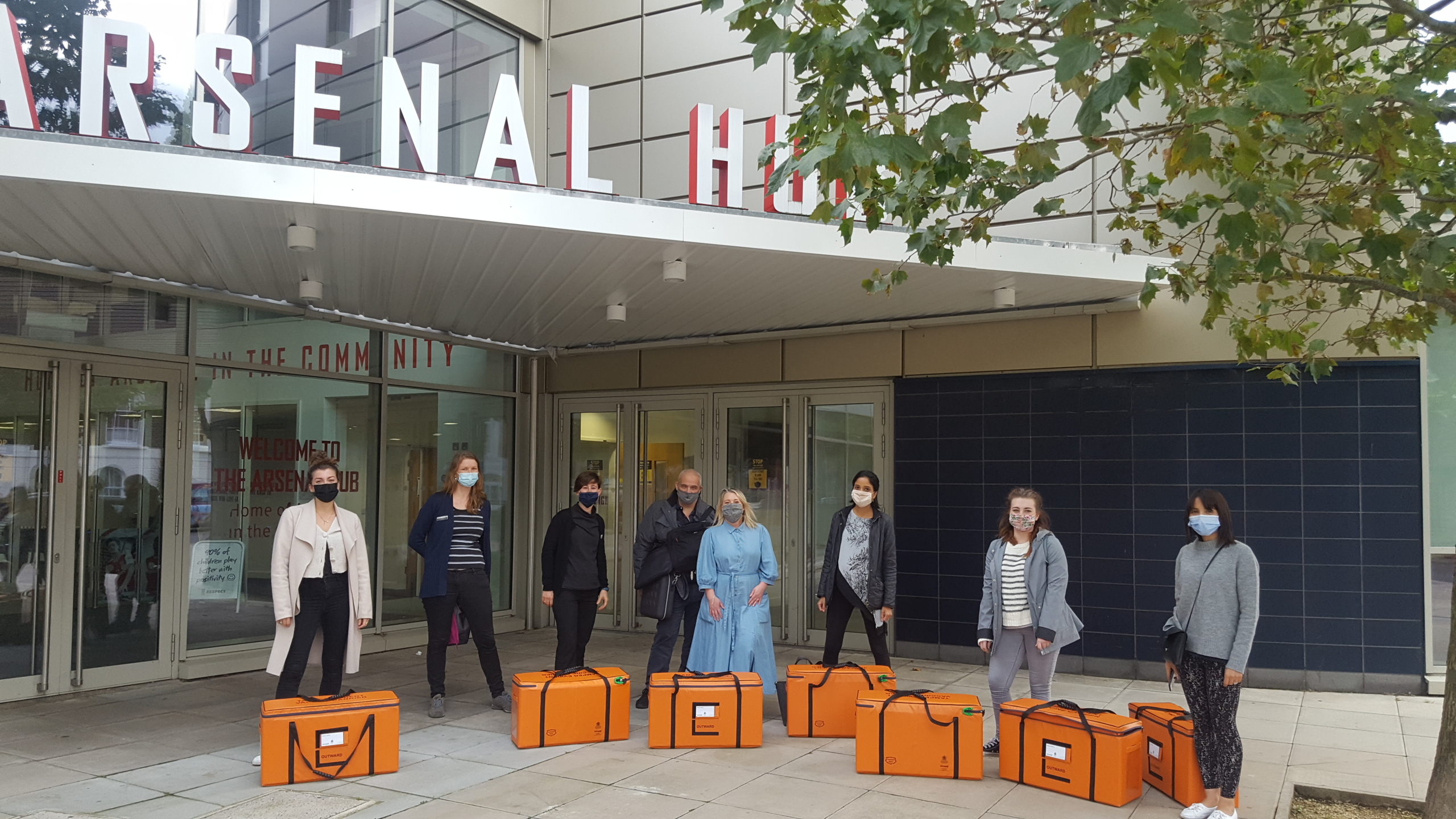Earlier on this year during the height of the pandemic, many GP practices indicated that they would struggle to deliver this year’s flu vaccination programme if covid restrictions were to remain in place. Some practices were still facing workforce shortages, and others felt their premises were just not adequately set up to safely or efficiently deliver several hundred flu vaccinations to patients, while also having to maintain social distancing measures.
As a GP federation we were committed to supporting our member practices in overcoming these challenges. Ultimately, we wanted to ensure that no eligible resident in our area (Islington, North London) missed out on getting a flu vaccine this year. This was primarily to protect our population, but also to avoid any undue pressure on our local healthcare system, which is already stretched in the face of the ongoing coronavirus pandemic.
Following months of planning and collaboration involving our local council and clinical commissioning group, we have organised a series of mass flu vaccination clinics where hundreds of patients from a variety of practices across the borough can attend to get their flu vaccine. We were fortunate enough to be provided with event space by Arsenal Football Club and a local Sixth form college, which was leveraged by our Integrated Care System (“Fairer Together”). We have also had support from our voluntary and community sector organisations who have provided us with stewards for all the events.

Not only has this brought about unprecedented cross-sector partnership working, but it is also the first time that our GP practices are working together in this way by vaccinating each other’s patients, sharing vaccines, and using shared recall and IT systems. It exemplifies how the pandemic has forced changes in the way we work, which may never have otherwise happened.
This venture is also allowing us to test the benefits of “scale” and collaboration. Clearly, there are potential efficiencies in centralising the operational delivery of the clinics. Primarily, it’s a great opportunity for all the practices to get several hundred of their patients vaccinated in one go. But we have also used the opportunity to test a new recall system whereby all patients receive SMS invitations with embedded links allowing them to book an appointment online. Within three weeks of launching, we have had over 2000 bookings made through this system and patients have provided positive feedback on their experience of using a digital platform. Undertaking centralised recall also means that we are able to track the daily number of bookings across practices and take action if any one practice is not achieving the desired levels of uptake.
Initial analysis suggested that uptake using this booking system was much greater in practices with a more affluent demographic and possibly smaller ethnic minority representation. In response to this, we developed computerised searches to identify eligible patients who required an interpreter, and created language specific invitations for them. We were also able to identify eligible patients with ethnic minority backgrounds in order to ensure additional, focused invitations were made to this group. Having a system in place which allows technologically experienced patients to book their appointment online easily, has enabled us to then focus our time and resource on increasing uptake in under-represented groups.
At the time of writing the first two clinics—one at each venue—have taken place. The main hurdle to overcome on the day has been the IT—where patients have been happy to come to neutral territory and be vaccinated by a workforce unfamiliar to them, the patient registration system has floundered to cope with the same; asking the shared system to process hundreds of patients registered from multiple practices has stretched the system beyond what it is designed for. Nonetheless, patients still described a positive experience with minimal waiting time, with many of them asking why we had never done it like this before.
With the proposed expansion of the flu vaccination programme and the possibility of a covid vaccine on the horizon, it’s been important for us to capture the learning at every stage, in terms of both the planning and execution of these clinics. No doubt there will be new challenges to overcome but we certainly feel that we now have the building blocks required to deliver a mass vaccination programme, and to do this equitably, in a way that addresses some of the health inequalities that have been so visible in recent times. Developing these clinics has seen the integrated care system work at its best, stepping up to serve its local population in a time of great need. While waiting for the digital technology required for at scale working to catch up with what’s needed, we’ve tried to grasp every possible opportunity to innovate, and used the current zeitgeist of collectivism to support our shared goals of efficiency, equity of access, and improved patient outcomes.
Rammya Mathew, GP and Quality Improvement Lead, Islington GP Federation, UK.
Competing Interests: None
Tamar Koch, GP and Quality Improvement Lead, Islington GP Federation, UK.
Competing Interests: None
